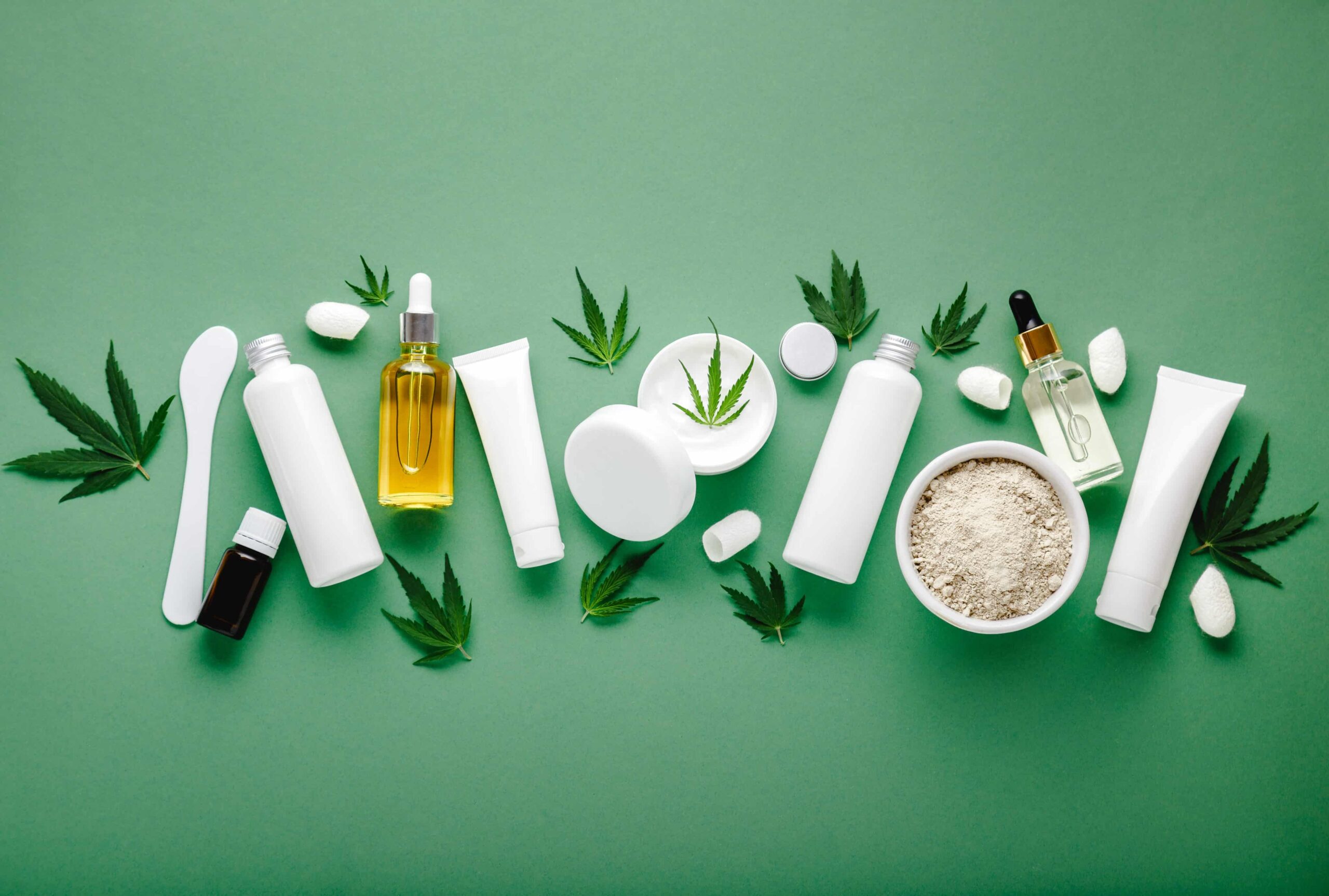
Recent medical study by Johns Hopkins analyzes mislabeled CBD products
A study published July 20 by Johns Hopkins Medicine found that when numerous CBD products were evaluated, many contained inaccurate amounts of THC. The study, titled “Cannabinoid Content and Label Accuracy of Hemp-Derived Topicals Available Online and in National Retail Stores,” analyzed 105 CBD topical products — specifically, lotions, creams, and patches — collected from “online and brick-and-mortar retail stores.” were” in Baltimore, Maryland, between July and August 2020 (however, analysis was not performed until March to June 2022). For storefronts, this included grocery stores, pharmacies, cosmetics and beauty stores, and health and wellness stores.
The study’s lead author, Assistant Professor of Psychiatry and Behavioral Sciences at Johns Hopkins University School of Medicine, Tory Spindle, Ph.D., explained the goal behind this analysis. “Misleading labels can lead people to use poorly regulated and expensive CBD products instead of FDA-approved products that are considered safe and effective for a specific health condition,” Spindle said.
The results revealed that 18% of the products contained 10% less CBD than stated on the label. Additionally, 58% contained 10% more CBD than advertised, while only 24% contained an accurate amount of CBD.
35 percent of these products contained THC, although the amount per product did not exceed 0.3% THC, which is the legal limit for hemp. Eleven percent of these products were labeled “THC-free,” while 14% said they contained less than 0.3% THC, and 51% mentioned no THC at all on the labels.
Spindle said the presence of THC in purportedly pure CBD products could potentially put some people at risk. “Recent research has shown that people using CBD products, which contain even small amounts of THC, may test positive for cannabis using a conventional drug test,” Spindle said.
Some of the medical claims made by these products were also inaccurate, and none of them are approved by the U.S. Food and Drug Administration (FDA). Twenty-eight percent made claims about pain or inflammation, 14% made claims about cosmetics or beauty, and 47% specifically said they weren’t FDA approved, while the other 53% didn’t mention the FDA at all.
The study’s senior author, Ryan Vandrey, Ph.D., who is also a professor of psychiatry and behavioral sciences at the Johns Hopkins University School of Medicine, explained that this marked difference in the results warrants further research. “The variability in chemical content and labeling found in our study underscores the need for better regulatory oversight of CBD products to ensure consumer safety,” Vandrey said.
This study is the latest to discuss the inaccuracy of cannabis products. The University of Kentucky recently analyzed CBD oil products earlier this month and found that out of 80 CBD oil products, only 43 contained percentages of CBD that were within 10% of the advertised levels. The University of Colorado, Boulder, in collaboration with Leafly, also found that cannabis labels were inaccurate.
Johns Hopkins University has been continually involved in supporting cannabis studies in recent years. In September 2019, Johns Hopkins University established the Center for Psychedelic and Consciousness Research with the goal of expanding research on psychedelic substances to develop new treatments for certain psychiatric and behavioral disorders. In October 2020, it partnered with Realm of Caring and Bloom Medicinals to work on cannabis therapy research. In October 2021, the university published a study showing evidence of successful treatment of anxiety and depression with cannabis. Earlier this year in February, volunteers were asked to take part in a paid cannabis and alcohol research initiative (which could bring in up to $2,660 for one person to complete the study).

Post a comment: